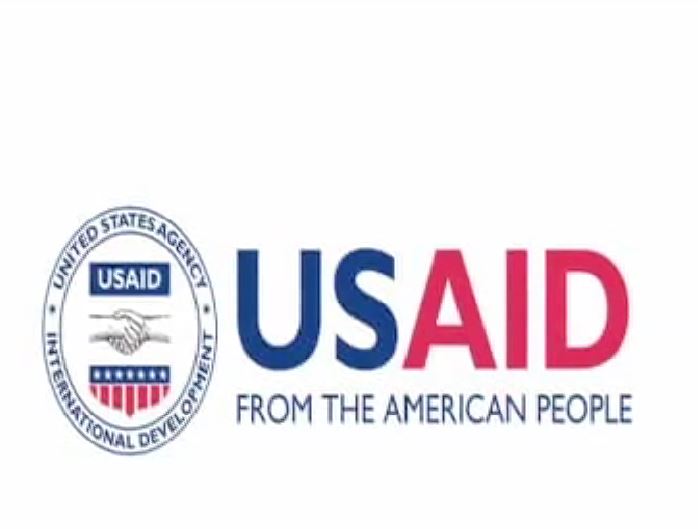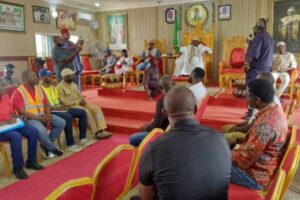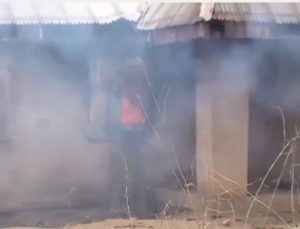
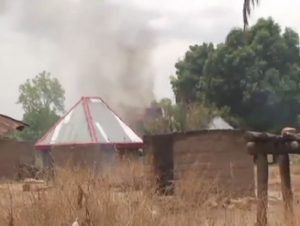
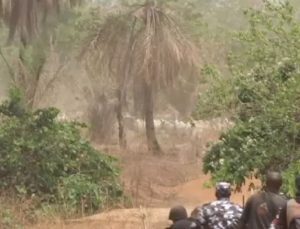
The farmer-herder conflict in Nigeria is the most serious threat to Nigeria’s future after the Boko Haram insurgency as the country loses about 13 Billion dollars annually to this.
The conflict, like other forms of unrest has strong implications for Nigeria’s long term peace and stability.
The United States Agency for International Development (USAID) in its contributions to resolving the conflict, has rounded off its 4 year project on maintaining peace in Nigeria’s middle belt
The farmer-herder conflict that ravaged Benue, Nassarawa and Plateau states of Nigeria is one of the worst conflicts the nation has ever experienced.
It has resulted in the death of more than 7000 Nigerians, loss of property and has cost the country a whooping $13 billion yearly as farmers could not produce optimally due to these clashes
Analysts and observers of these conflicts believe political and traditional leaders could have played a more prominent role in resolving these issues.
But the highest ranking traditional ruler in Benue state, the Tor Tiv says the traditional council, especially his office, made efforts to mediate, negotiate and manage these disputes within their domains.
USAID, in a bid to promote stability and security in these areas, developed strategy engaging Communities for peace in Nigeria
It has helped rural communities at odds in Nassarawa and Benue States, due to climate change, rising population and competition for dwindling resources, learning how to coexist peacefully .

